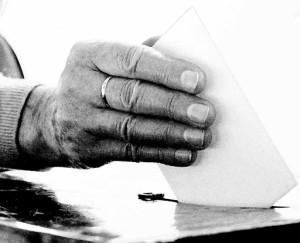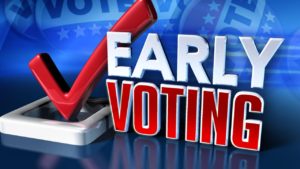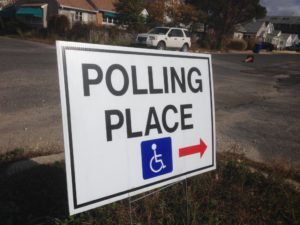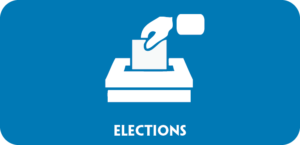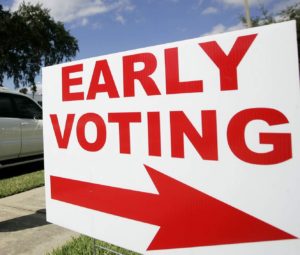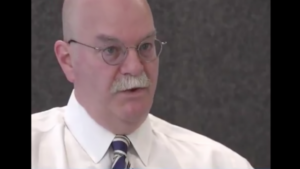I will vote early, but certainly not often, which would be corrupt, yes?
My wife and I have talked about whether we should vote early in this election cycle. We both have decided that, by golly, yes we will.
It gives me the nervous jerks to admit such a thing. I have written often over many years about my aversion to early voting in elections when I can vote on Election Day. This year, under certain circumstances, we have decided we’re going to avoid the crowd and vote early at a polling place to be announced soon by Collin County election officials. My concern centers on the fear that the candidate who gets my vote might mess up between the time I cast the ballot and when they count the ballots.
The coronavirus pandemic has frightened me sufficiently to forgo my usual Election Day routine.
I am not sure whether we’ll have vote by mail in Texas. Our state attorney general, Republican Ken Paxton, is vowing to resist voting in that fashion. He has swilled the Donald Trump Kool-Aid that makes him think all-mail voting is corrupt. It isn’t.
If Texas is not going to allow voting by mail, then I intend to vote early to ensure that my ballot gets logged in and that my wife and I can have our voices heard on who we want elected president of the United States.
Spoiler alert: It ain’t Donald J. Trump! It will be Joseph R. Biden Jr.!
The president is seeking to undermine the integrity and efficiency of our state and local election systems. He keeps harping on the specious and phony threat of corruption.
Our household intends to vote early to protect ourselves against exposure to the killer virus from a big Election Day crowd. I don’t expect Texas to join those states that have used all-mail voting with great success. We do a good job in Texas, though, in conducting early voting.
So … early voting will have to do.
